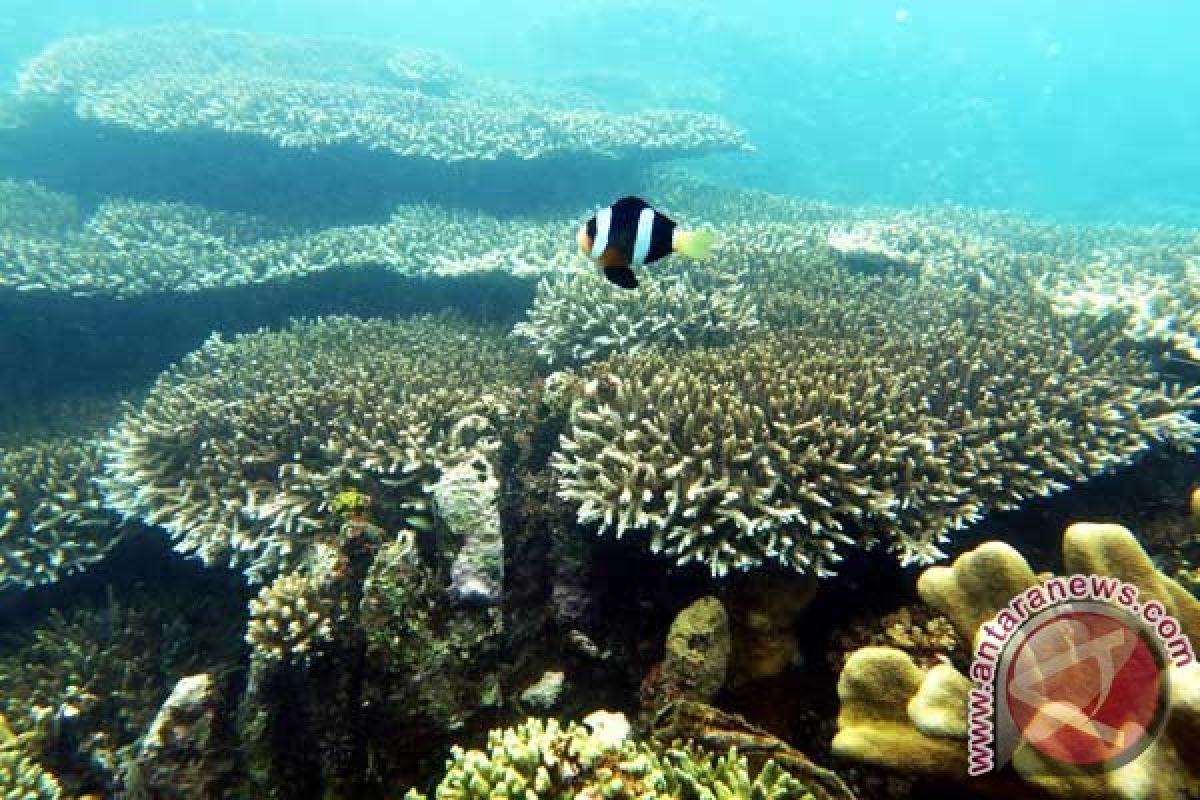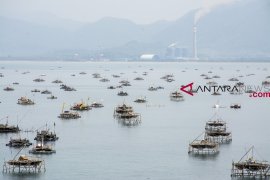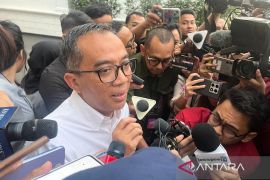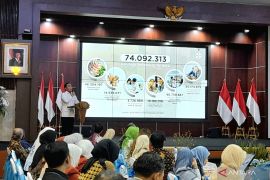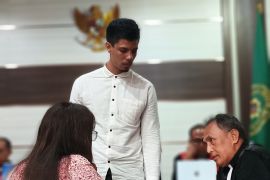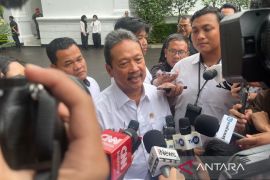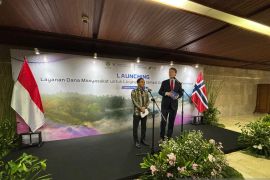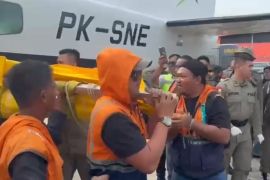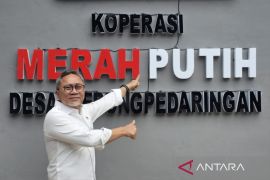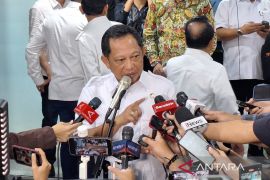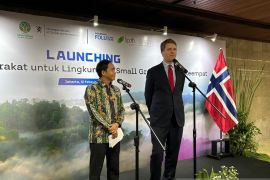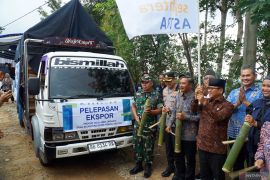"Currently, there are four places for competency tests that can be used to certify staff members, namely the Human Resources Competency Development Workshop for Oceanography at the Indonesian Science Institute, Diponegoro University, Raja Ali Haji Maritime University, and Sam Ratulangi University," the Head of the Oceanography Center at the Indonesian Science Institute (LIPI), Dirhamsyah, said here on Monday.
According to him, the certification institutions certify the competence of human resources in charge of monitoring coral reefs and ecosystems under the COREMAP programs and the COREMAP-Coral Triangle Initiative (COREMAP CTI).
The initiative has produced significant data and information, as well as scientific journals on restoration and management of coastal ecosystems, especially coral reefs in Indonesia.
COREMAP monitoring and measurement show that Indonesia`s coral reefs has an area of 25 thousand square kilometers, or about 10 percent of the total coral reefs in the world, which covers 284.3 thousand square kilometers.
"As the center of the world`s coral triangle, Indonesia has the highest diversity of coral species, consisting of 569 species from 82 genera and 15 families, or about 70 percent of the world`s coral species. Five species of those are endemic," Dirhamsyah noted.
Data, information and knowledge obtained from the COREMAPAE research are stored in the Coastal Ecosystem Data Center.
"The data can be easily and quickly accessed through the internet portal application," Dirhamsyah remarked, adding that these data are useful for various purposes related to ecosystem monitoring, education, and further study.
Meanwhile, to develop regional cooperation networks, Regional Training and Research Center for Marine Biodiversity and Ecosystem Health (RTRC MARBEST) has been established.
Reporting by Virna P Setyorini, Libertina
Reporter: Antara
Editor: Fardah Assegaf
Copyright © ANTARA 2018
